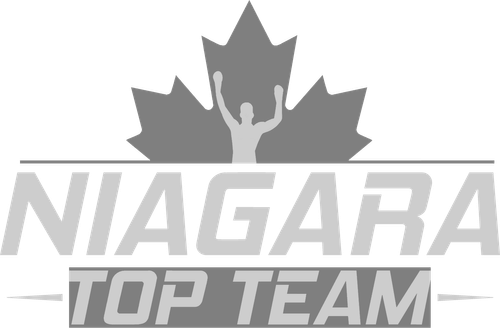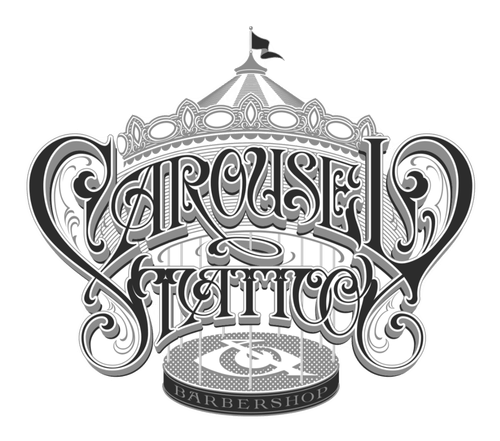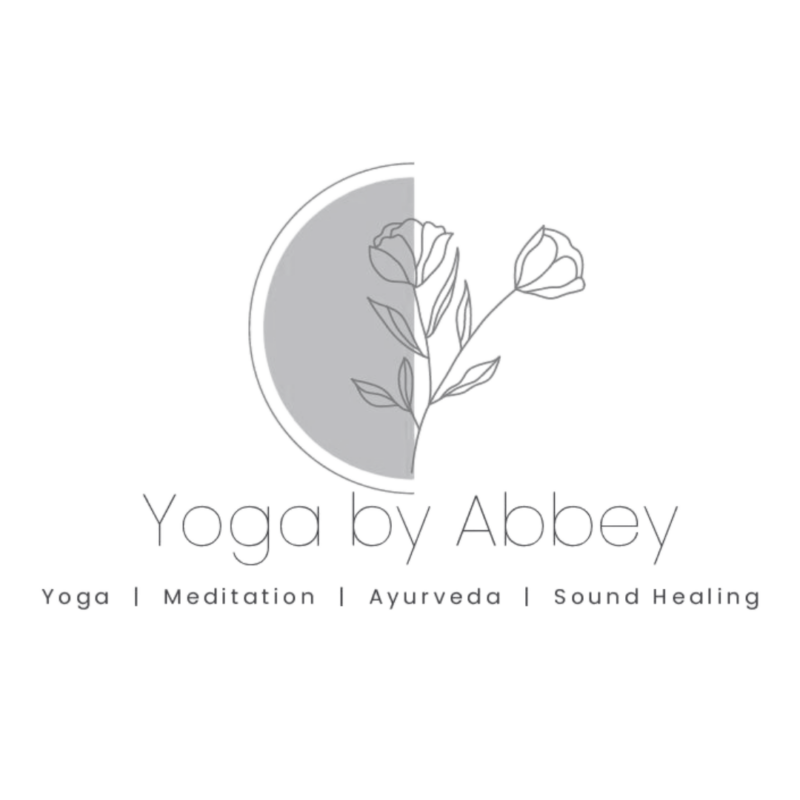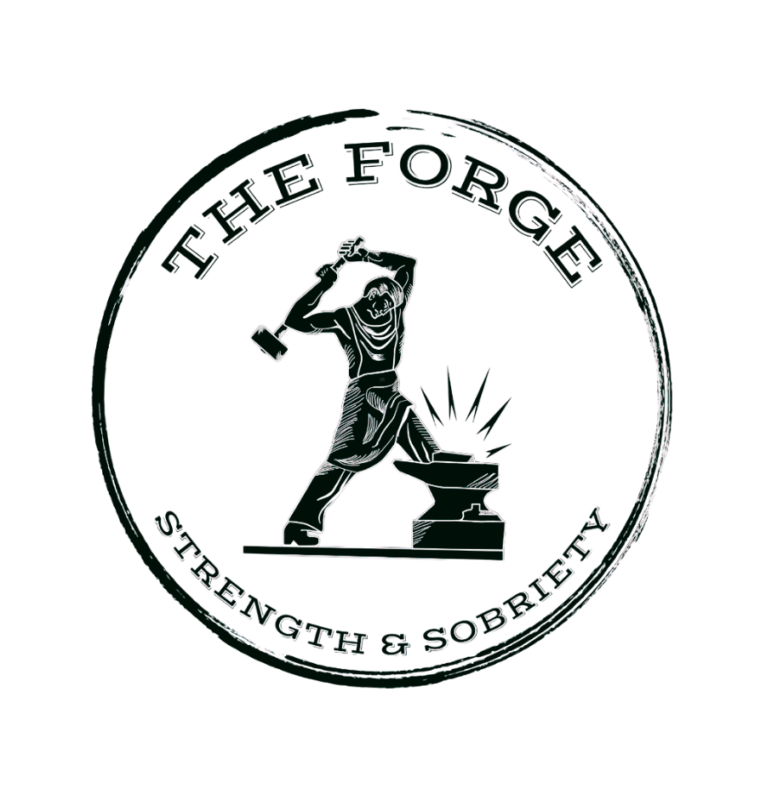What is Physical Fitness?
Physical fitness plays a crucial role in the journey of addiction treatment, serving as a powerful tool for recovery and overall well-being. Incorporating regular exercise into one’s recovery plan not only strengthens the body but also boosts mental health, helping to reduce symptoms of anxiety and depression that often accompany addiction.
By growing a sense of achievement and self-worth, physical fitness activities encourage positive lifestyle changes, enhancing the individual’s ability to cope with stress and resist the temptation to relapse. Whether it’s through yoga, running, or team sports, engaging in physical activity provides a healthy outlet for stress relief and emotional expression, paving the way for a balanced and sustained recovery.
How Physical Fitness Help Recovery
At Twelve Mile Recovery, we firmly believe in the transformative power of physical fitness on the journey to recovery. Through a holistic approach that intertwines the strengthening of the body with the healing of the mind, we’ve established ourselves as experts in facilitating sustainable recovery journeys.
Our fitness for addiction rehab programs in Ontario are designed to not only rebuild physical strength and endurance but also to instill a sense of discipline, self-respect, and resilience that our clients carry with them long after they leave our care. By incorporating tailored exercise regimes into our treatment plans, we’ve seen firsthand how an active lifestyle can significantly enhance the recovery process, promoting mental clarity, reducing stress, and fostering a positive outlook on life.
At Twelve Mile Recovery, we’re committed to guiding our clients towards reclaiming their health and well-being through the power of physical fitness.
Physical Fitness With Twelve Mile
At Twelve Mile Recovery, we believe that integrating physical fitness into your addiction recovery journey can significantly enhance your path to healing, providing both mental strength and physical resilience to overcome challenges. Our team of experienced professionals understands the importance of incorporating physical activity as a therapeutic tool, and we have seen firsthand the positive impact it can have on our clients.
Physical fitness not only helps to improve overall health and wellness, but it also plays a crucial role in addiction recovery. Regular exercise has been proven to reduce stress, decrease symptoms of anxiety and depression, and promote better sleep – all factors that contribute to successful recovery. In addition, engaging in physical activity releases endorphins, which are natural feel-good chemicals that can alleviate cravings and boost mood. Trust us and use our physical fitness for addiction rehab programs in Ontario at Twelve Mile Recovery.
Leading By Experience
- 100% Owned and Operated by Individuals in Long Term Recovery
- Masters Level Therapists
- Highly Certified and Qualified Staff
- Maintained Standards of Client Care
- Consistent Program Evaluation


Our Program
- Individual Therapy
- Peer Support & Group Discussion
- Mindfulness Practice
- Martial Arts (Brazilian Jiu Jitsu & Muay Thai)
- Yoga, Meditation and Sound Healing
- Nutritional Guidance & Education
- Life Skill Building
Frequently Asked Questions
We've put together a list of commonly asked questions to clarify the experience and ease any lingering fears or concerns you may have.
The journey to recovery at Twelve Mile Recovery is meticulously curated to guide individuals through their healing process in a holistic manner. From the moment they wake, residents are immersed in an environment that balances rigorous therapeutic practices with nurturing care. The early start with a nutritious breakfast sets a positive tone for the day, fueling the body for the emotional and mental work ahead. Following breakfast, the schedule unfolds with various therapy sessions—each designed to peel back the layers of addiction and address its root causes. Individual counseling offers a private space to confront personal demons, while group therapy fosters a sense of community and shared understanding among residents.
Family therapy sessions are pivotal, repairing relationships strained by addiction and creating a support network for post-rehab life. Beyond these therapies, physical health is paramount. Exercise classes not only improve physical fitness but also release endorphins, helping to combat depression and anxiety. Educational talks expand knowledge on addiction and recovery, equipping residents with information to understand their journey better.
Recreational activities break up the intensity of therapy with lighter moments that bring joy and laughter, essential components of emotional healing. Nutritious meals throughout the day ensure that residents' bodies are well-nourished to support their recovery journey. Quiet moments for reflection and relaxation are interspersed within the schedule, allowing individuals to process their thoughts and feelings. Journaling or meditation provides tools for introspection, helping residents connect with their inner selves on a deeper level.
As evening falls, peer support meetings or 12-step programs reinforce the day's lessons through communal sharing and support, emphasizing that no one is alone in this journey. Finally, as night descends over Twelve Mile Recovery, residents find rest—a crucial component of healing—knowing they have spent another day moving closer toward reclaiming their lives from addiction. Each day is a step forward in building resilience, fostering healthy habits, and developing coping strategies that will support lifelong sobriety and wellness.
Typically, a detox period is a critical initial step in the journey towards recovery, lasting around five to ten days on average. However, this duration can vary greatly depending on various individual factors. The type of substances used, the amounts consumed, the duration of use, the frequency of usage, and the method of administration all play pivotal roles in determining the necessary length of stay for detoxification.
At Twelve Mile Recovery, we require all clients to complete a minimum of 72 hours of detoxification before entering our facility. This ensures a safe and effective start to their recovery process. Ideally, detoxification should take place at a community or private detox center, where professional medical supervision can be provided. However, if these options are not available, the detox period can be completed at home under the supervision of a trusted individual. In such cases, we strongly recommend that clients consult with a doctor during this time to receive any necessary medications or medical support to manage withdrawal symptoms safely. Ensuring proper detoxification prior to admission is essential for creating a stable foundation for the work ahead. If you have questions or need guidance in arranging detox services, please don’t hesitate to contact us.
At Twelve Mile Recovery, we recognize that the journey to sobriety is multifaceted, deeply intertwined with both physical and mental health challenges. Our philosophy acknowledges that addiction is not just a physical dependency but also a manifestation of underlying mental health issues. This understanding forms the cornerstone of our treatment programs, designed to address co-occurring disorders that often accompany addiction.
We believe in treating the whole person, not just the symptoms of addiction. Our comprehensive approach encompasses evidence-based therapies tailored to support mental well-being while addressing substance abuse. By focusing on both aspects simultaneously, we aim to achieve a more sustainable recovery process for each individual.
Our team of dedicated professionals is trained in managing co-occurring disorders, equipped with the knowledge and compassion required to support you through every step of your recovery journey. Recognizing that each person's experience with addiction and mental health is unique, we offer personalized treatment plans designed to meet your specific needs.
Your mental well-being is paramount in achieving and maintaining sobriety. At Twelve Mile Recovery, we are committed to providing you with the tools and support necessary for healing both your mind and body. Together, we can work towards a future where you feel empowered to lead a fulfilling life free from addiction.
When entering addiction treatment, there are specific items that are recommended and permitted to enhance your comfort and well-being. These might consist of comfortable and suitable clothing, personal hygiene essentials, prescription medications (accompanied by proper documentation), and journals or books for self-reflection. Conversely, certain items are prohibited in addiction treatment facilities. These usually include any substances, like drugs or alcohol, as well as weapons and anything that could distract from the recovery journey. It's important to check with the chosen facility beforehand for a comprehensive list of allowed and prohibited items to ensure a smooth transition into treatment.
At Twelve Mile Recovery, our approach to addiction rehabilitation stands out in the heart of Ontario for several reasons. First and foremost, our philosophy is rooted in providing personalized care that addresses not only the physical aspects of addiction but also the mental, emotional, and spiritual dimensions. We understand that each journey towards recovery is unique, and therefore, our treatment plans are tailored specifically to meet the individual needs of our clients.
Unlike other rehab centers, we offer a holistic range of therapies including but not limited to cognitive behavioral therapy (CBT), mindfulness-based stress reduction (MBSR), physical activity through martial arts, strength and mobility, and yoga, breathwork, group discussion and skills building. This diverse spectrum of therapeutic options ensures that all facets of an individual’s well-being are nurtured towards healing.
Community integration is another pillar that sets us apart. We believe in the power of community support throughout the recovery process and beyond. We actively facilitate group therapy sessions and encourage participation in community activities to help build a network of support among peers facing similar challenges.
Lastly, our commitment extends beyond the walls of our facility. At Twelve Mile Recovery, we are dedicated to ensuring a seamless transition back into daily life through comprehensive aftercare planning which includes continued counseling sessions, community support groups, and resources designed to empower our clients in maintaining their sobriety.
What makes Twelve Mile Recovery different is not just one aspect but a combination of our personalized approach, holistic treatment options, emphasis on community integration, and unwavering aftercare support—all meticulously woven together with the singular goal of facilitating lasting recovery for every individual who walks through our doors.
Seeing a loved one battle addiction can be incredibly painful and overwhelming. You might feel powerless and uncertain about how to assist them. The initial step in helping your loved one is to engage in an open and honest dialogue about their addiction. Share your concerns, offer your support, but also establish boundaries and encourage them to seek professional assistance. It can be beneficial to explore treatment options with our team and have resources ready for your loved one.
Throughout this journey, it's important to stay patient, understanding, and supportive—recovery takes time. With the right mindset and support, you can guide your loved one toward a healthier and happier life, free from addiction. Don't hesitate to reach out for guidance and support from our team at Twelve Mile Recovery, we are here to assist you and your loved one at every stage of the recovery process.
Regardless of your commitment to your recovery journey or your determination to maintain lifelong sobriety, the possibility of relapse can arise at any point. According to the National Institute on Drug Abuse, relapse rates during recovery can range from 40% to 60%. After a relapse, it's common to experience feelings of shame or regret, and you might even consider giving in to addiction instead of fighting the urge to use. While these emotions are entirely normal, they can hinder your efforts to achieve a drug-free life. Instead, try to view a relapse as a chance to learn; refine your relapse prevention plan and identify your triggers. By exploring the root causes of the relapse, you can lay the groundwork for a recovery that makes you even stronger.
The first step is to evaluate whether you need to return to rehab. If the relapse was a one-time event and you're committed to reassessing or modifying your recovery strategy, going back to an inpatient facility may not be necessary. This environment offers hands-on care and continuous monitoring. However, if you find yourself falling into a recurring pattern of substance misuse, it may indicate the need for re-engagement in a structured treatment program. If discussions about substance use come up, socializing with those who encourage drinking, or resorting to substances as a coping mechanism arises, it suggests a more serious issue that requires immediate attention.
When you re-enter treatment after a relapse, the main focus should be on reintegrating into daily life. Choosing a sober living environment for a few months after treatment can be an effective way to prevent relapse, as having accountability and structure can support you during this vulnerable period. Additionally, establishing an outpatient therapy plan for ongoing support after rehab is advantageous.













